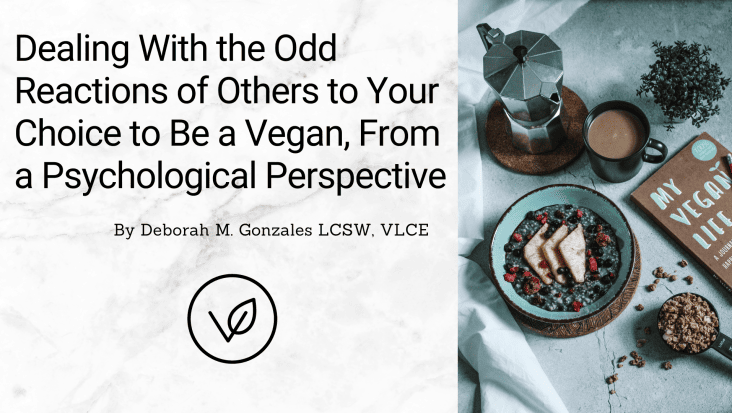posted April 23, 2024
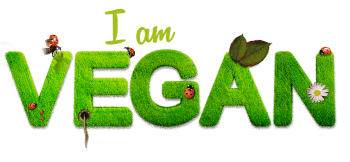
We’ve all been there, fielding the omnipresent questions:
“Where do you get your protein?”
“Isn’t it boring?”
“What DO you eat?”
Right? Often there are more insidious-feeling questions, comments, and micro-aggressions. They feel judgmental and stigmatizing. It can feel like an attack at worst and dismissive at best. Some I’ve experienced include:
“God intended us to eat animals.”
“How can we socialize anymore?”
“It’s not normal.”
And my personal favorite, “You’re an animal.”
These comments came from caring, intelligent, loving, and usually supportive people. They weren’t in the context of me trying to proselytize or even discuss my chosen diet. Thus, these comments were confusing. As a psychotherapist for over three decades, I wanted to figure out the why of these odd and dramatic reactions to what I choose to eat.
A Personal Choice as Rejection
People often take family and friends’ choices to live in different ways, different places, and with different beliefs as a rejection and judgement of their ways. So, that knowledge guided me in my research on this perplexing issue. My research also leads me to believe this subject could be an entire book.
Others have discovered this as well:
“Vegans are often severely stigmatized and may find themselves rejected by mainstream society.” Katherine Compitus,
“Something I also noticed, which turns out to be well supported by academic research, is that a lot of people weren’t all that fond of us vegans. Studies indicate that people described as vegan are perceived more negatively, as being less likable and participants in studies report being less open to friendship with vegans than non-vegans, on average.” The Economic Times | Panach
“Some researchers believe that malice toward people who follow a plant-based diet might hinge on “symbolic threats” to the status quo.” Tim Newman
When we create symbolic threats to the status quo, some people become nervous, scared, and uncertain. Humans don’t handle those emotions well. I choose to accept that my overreactors are responding negatively, not to me, but to their perception of me rejecting their accepted status quo.
“Research has shown that only drug addicts inspire the same degree of loathing. Now psychologists are starting to understand why—and it’s becoming clear that the reasons aren’t entirely rational.” Zaria Gorvett
Deep-Seated Bias
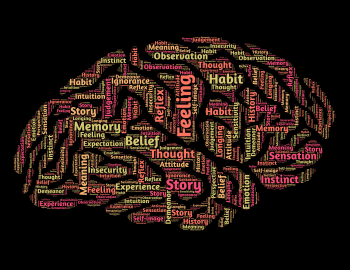
According to Zaria Gorvett, the author of The Hidden Biases That Drive Anti-Vegan Hatred, “Some psychologists take another view—that far from being driven by factors within our conscious awareness, the widespread resentment we have for vegans is down to deep-seated psychological biases.”
Our beliefs and habits are formed very early in life. We absorb them from parents, teachers, and others who impact us. As we mature and grow into our own, we have the opportunity to become the best versions of ourselves, shedding things we’ve learned that don’t fit us and adopting others that do.
Unfortunately, the undo influences of the media and advertising play a huge role. They use psychology to manipulate and indoctrinate, making it harder to discern fact from sales pitches. Our non-vegan family and friends are in a different place than we are—and that’s OK. We don’t have to internalize their judgment and disapproval. We can accept that their, sometimes over- the-top, reactions are based on indoctrination, training, or beliefs, much of which was intended to cause their negative reactions to veganism. Their internal psychological biases are theirs. We don’t have to justify our choices and decisions.
Living Our Choice
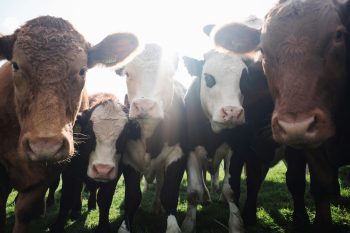
We don’t have to take negativity towards veganism into our minds and we don’t have to let it ruin our relationships. If it becomes rude or abusive—discuss it—otherwise focus on the things we do have in common and what brought us together in the first place.
Some of us are Vegan because we want to be healthier. Some of us want to save the animals. Some of us want to do our part to fight the destruction of the planet by the excessive greenhouse gases caused by animal agriculture. Some of us want to do all three. Others are activists, wanting to educate, persuade, and change the inhumane and dangerous commercial food system.
To quote the ever inspirational Maya Angelo, “Do the best you can until you know better. Then, when you know better, do better.”
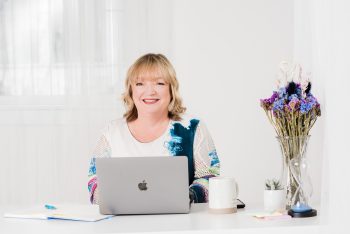
Deborah M. Gonzales, LCSW, VLCE, has been a psychotherapist and hypnotherapist for over thirty years. She holds a Master’s Degree in Clinical Social Work from UNC Chapel Hill, Plant-Based Nutrition Certification from eCornell and T. Colin Campbell Center for Nutrition Studies, and is a graduate of the Main Street Vegan Academy.
She is working towards retiring as a psychotherapist to work fulltime as a Vegan Empowerment & Mindset Coach sharing her passion for Whole Food Plant-Based/Vegan eating and living. You can find her at DeborahMGonzales.com and on Facebook.

